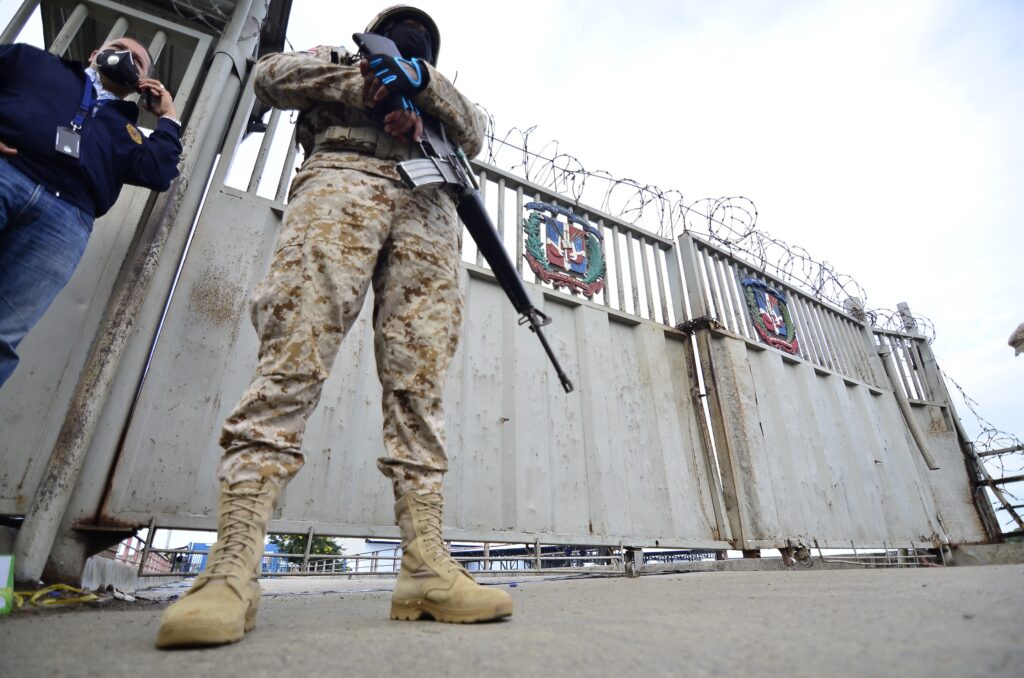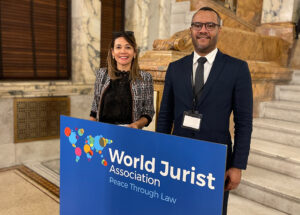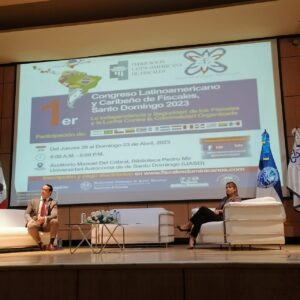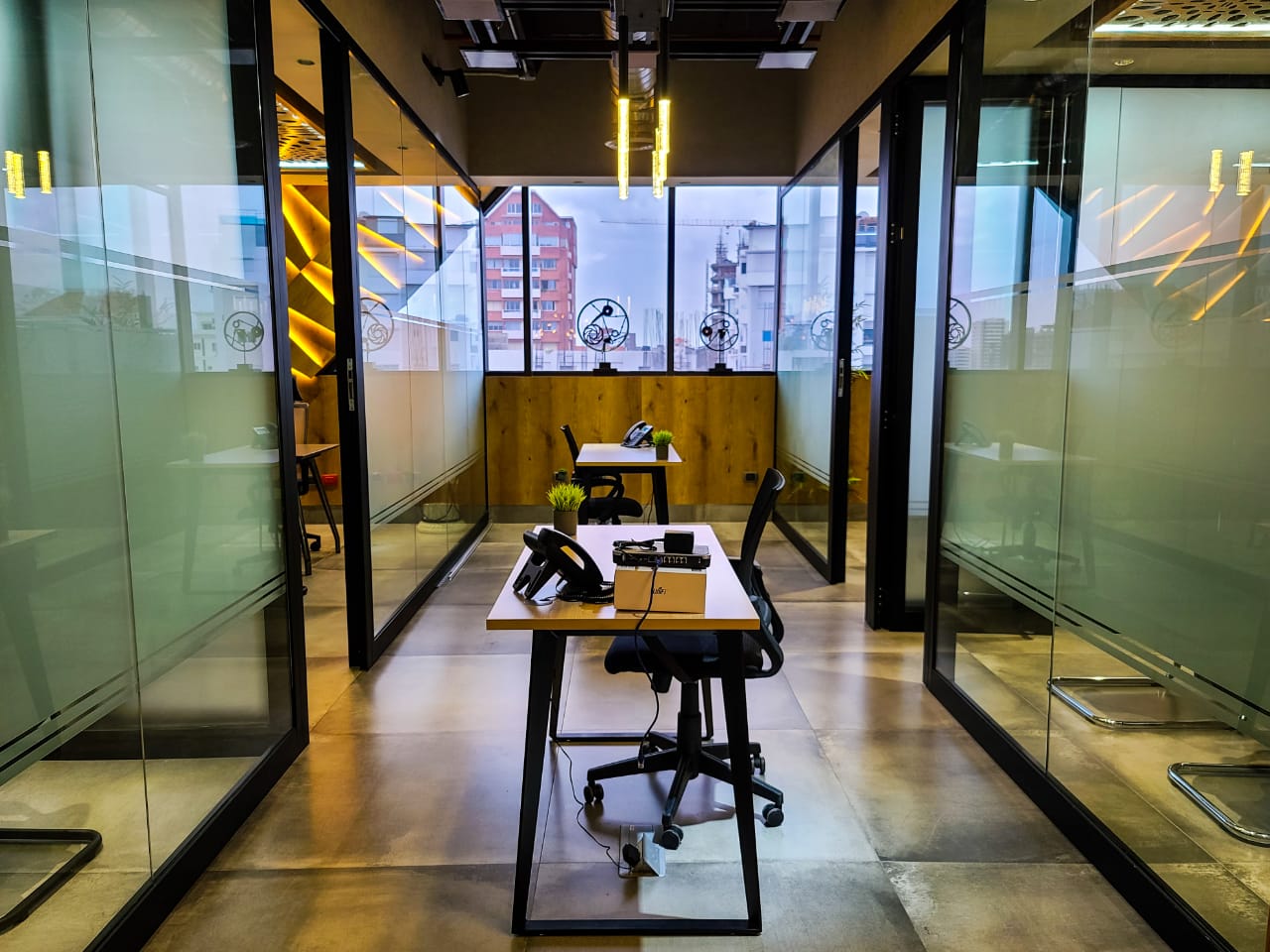In the previous article I shared the concepts and differences of the crimes of human trafficking and smuggling of migrants in view of the much-criticized comprehensive law on human trafficking, and I do so from my own experience, since the last 7 years of my professional career working for the International Justice Mission -IJM for its acronym in English-, have been exclusively dedicated to the approach, prevention, persecution, accompaniment and representation of victims of human trafficking from the moment of their rescue, until obtaining a conviction against the exploiter.
For a better understanding, IJM is a global human rights organization with 25 years of work worldwide, its mission is to protect people living in poverty from violence, through a partnership with local authorities for the rescue of victims, bring criminals to justice, restore survivors, and strengthen public justice systems in order to build a secure and lasting future. To this day, IJM is considered the largest and most successful international organization working against modern slavery worldwide.
In 2013, IJM opened a field office in the Dominican Republic to work on the problem of human trafficking for sexual exploitation and commercial sexual exploitation of children and adolescents. Since then, with a multidisciplinary team, we have supported the national police and the specialized anti-trafficking prosecutor’s office in the investigative proceedings of this crime. We provided legal and psychotherapeutic support to the victims until a conviction is obtained against the trafficker and sustained restoration for the survivor, and we educate through prevention talks in the communities and churches regarding this crime.
During our 2013-2021 case work period, we participated together with the authorities in more than 100 investigations of possible cases, of which 54 became judicial cases. Of those 54, 40 were for the crime of sexual exploitation against children and adolescents and 14 cases of human trafficking for the purpose of sexual exploitation; that is, 14 cases of human trafficking in a period of 8 years. (IJM data).
It is appropriate at this point to clarify how a case of human trafficking is identified and, therefore, the victims, which according to the bill will create the specialized unit for the attention and identification of victims for these purposes, part of the CITIM (inter-institutional committee against smuggling of migrants and human trafficking) to strengthen what has been done up to date for their identification, which is as follows:
Firstly, the information of the occurrence of the crime is received, either through an individual, the authorities or rarely by the victim herself, since she is unable to recognize herself as such, due to the exploitation to which they are subjected. Once the complaint or information is received, the members of the national police belonging to the trafficking and smuggling department, as well as the members of the specialized prosecutor’s office against human trafficking, begin the investigation, and here I want to be very emphatic so that it is clear: cases of human trafficking are not investigated or acted on reactively, arriving at the scene, rescuing and arresting, is not the case. This can happen in cases of controlled substances, homicides, robberies, etc. In cases of trafficking, a prior and proactive investigation is required, one that involves a timely, in-depth investigation, because it is about organized crime.
Then, for this crime to be configured, the elements that constitute it must be found, that is, the people who are being exploited, have been recruited, transferred, received through threats, deceit, fraud, force, abuse of vulnerability with the purpose of being exploited by another. It is quick to say, but not so easy to determine and obtain the evidence to prove it, because how can it be sustained before a court or any other authority that the person who claims to be a victim of human trafficking really is? The only way is to obtain evidence that proves it, and this is only possible through what the investigation that is carried out reveals.
Among these investigative procedures, the most relevant are the undercover work previously authorized by a judge, which consists of the presence of an investigator at the scene in order to identify those responsible for the crime and the victims, taking photos and recordings capable of revealing the crime, all of which take time.
Another procedure is the interception of telephone calls, a very useful investigative tool which also takes time to listen to until they throw light on the people involved in the commission of the crime. From both investigative proceedings, news arise to continue the investigation, and thus, it can take from 3 months to a year to adequately identify the exploiters, the victims, modus operandi, etc., given that trafficking is a complex crime, it is organized crime.
In my experience, of the 14 cases of trafficking worked on, only 1 had Haitian victims who were minors and they were duly repatriated, and from the experience of the specialized prosecutor’s office against trafficking, they only recorded one case in which an Oriental citizen was granted her regularization in the country due to the extreme vulnerability she presented if she was returned to her country of origin. One case in 20 years.
The statistics on human trafficking cases equally reveal it: the majority of the victims are Dominicans, followed by Venezuelans, Americans and last and farthest, Haitians.
Human trafficking is considered modern slavery, it exploits individuals until they nullify their dignity and degrades them to simple coins. The most affected are women and girls, who currently lack legislation that adequately care for their lives. Is this right?
In the Dominican Republic, the current law against human trafficking does not contemplate mechanisms that provide effective protection to victims, does not contemplate shelter homes for this special type of survivors who, as a result of the exploitation to which they are subjected, acquire sexualized behaviors and therefore, they require even more special care. The new anti-trafficking bill fills these gaps.
Calm people, there is no fear. Does our reality with Haiti is different from what other countries in the Latin American region and the world may experience? Yes, we know it, and we are not negotiating it, we just cannot obviate human rights for one thing and guarantee them for others; the bill contemplates the balance of the protection of our sovereignty in accordance with our immigration laws without leaving aside respect for human rights.
We call for reflection, put yourself on both sides of the coin, speak from knowledge, not from speculation or unfounded fear, be sensitive, be the exception rather than the rule. The cases of human trafficking are a large minority within the universe of crimes occurring in the country, and an even greater minority are foreign victims in conditions of extreme vulnerability where their lives are in danger. Do not make a storm in a simple glass of water because in the end our victims will continue to be suffering, exploited victims, without access to justice and without protection if this new law is not adopted due to unfounded speculation. Is it fair?
Respect for life, dignity, freedom, and the integrity of the people are the nature and characteristics of human rights and their universality, which corresponds to everyone equally regardless of race, creed, or religion. How difficult to understand it for thinking only about our neighbor country, but how easy when it is for a Dominican who is exploited abroad and we demand protection for her.
The Dominican Republic is a Social and Democratic State of Law, organized as a unitary Republic, founded on respect for human dignity, fundamental rights, work, popular sovereignty and the separation and independence of public powers. It is based on respect for the dignity of the person and is organized for the real and effective protection of the fundamental rights that are inherent to it. The dignity of the human being is sacred, innate and inviolable; their respect and protection constitute an essential responsibility of the public powers. Articles 7 and 38 of our Constitution.
If our laws are not impregnated with the respect for that human dignity, which according to the constitution is what the Social and Democratic State of Law of the Dominican Republic is based on, we lose our way, we remain adrift and the constitution will turn in what long ago it was said it was: a simple piece of paper.
The human trafficking bill is a treaty for the protection of fundamental rights, useful and necessary to adequately respond to the victims and the crime at this time. Enough of tolerating this type of slavery, it is time to legislate in favor of the most vulnerable.
Until everyone is free!
Sonia Hernández is a criminal lawyer, former prosecutor of the Santo Domingo Province. She has a master’s degree in Fundamental Rights from Universidad Carlos III de Madrid, Spain and a specialization in Criminal Procedure Law from the Universidad Autónoma de Santo Domingo (UASD). She is currently a practicing lawyer and Director of Strengthening the Public Justice System for the International Justice Mission, Dominican Republic (IJM).






